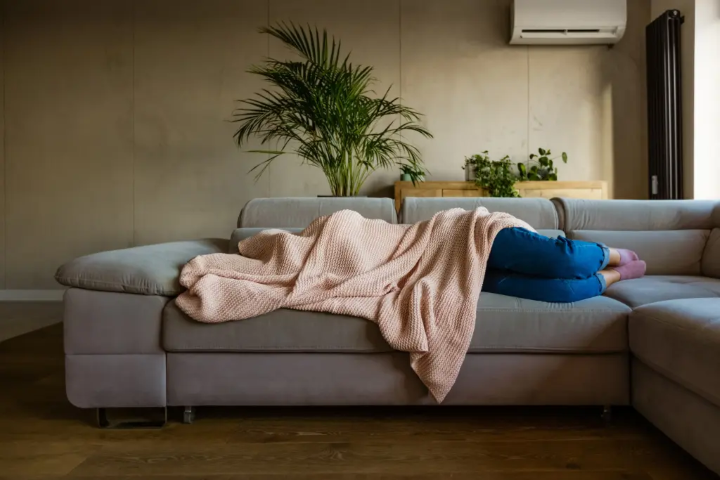
Gen Z faces fewer stigmas for living with parents, but it comes with mental and financial costs. (Getty Images)
In today's housing market, finding affordable living arrangements is a challenge for many, particularly for those in Generation Z. For some, the solution is to continue living with their parents, a choice that seems to be less stigmatized than it was for previous generations. However, this arrangement comes with its own set of challenges, both mental and financial.
According to a report by Business Insider, Gen Z, those born after 1996, are less criticized for living at home into adulthood compared to millennials. While this lack of stigma may seem like a benefit, it can also be a hindrance. Living rent-free with family might appear to be a way to save money, but it can have negative consequences in the long term.
For instance, 20-year-old Sarah Obutor, who had to move back home in Georgia while on leave from college, mentioned that living with parents restricts one's ability to engage in adult activities like hosting dinner parties or having a wine and cheese night. Similarly, 24-year-old social worker Amy Lewthwaite, who is saving 30% of her income by living at home in southwest London, believes that moving out would deplete her savings on rent.
These social limitations can take a toll on mental well-being. A 2017 study found that children who move back in with their parents experience higher depressive symptoms, and a 2022 report suggested that such living arrangements can cause family tensions.
Moreover, the financial savings of living at home may not be as significant as they seem. A 2019 study discovered that individuals who lived at home between the ages of 25 and 34 had a lower likelihood of becoming homeowners within a decade, possibly due to rising home values and interest rates.
Despite these challenges, Gen Z can take comfort in the fact that they face less social stigma than millennials did for living at home. A Bloomberg News and Harris Poll survey from last year found that 87% of participants believed people should not be judged for living with their parents, a significant shift from the judgment millennials faced.
24-year-old Bethany Clark, who is currently living with her parents, believes that the decrease in stigma is due to the high cost of living and housing, which makes it difficult for many to afford independent living arrangements.















